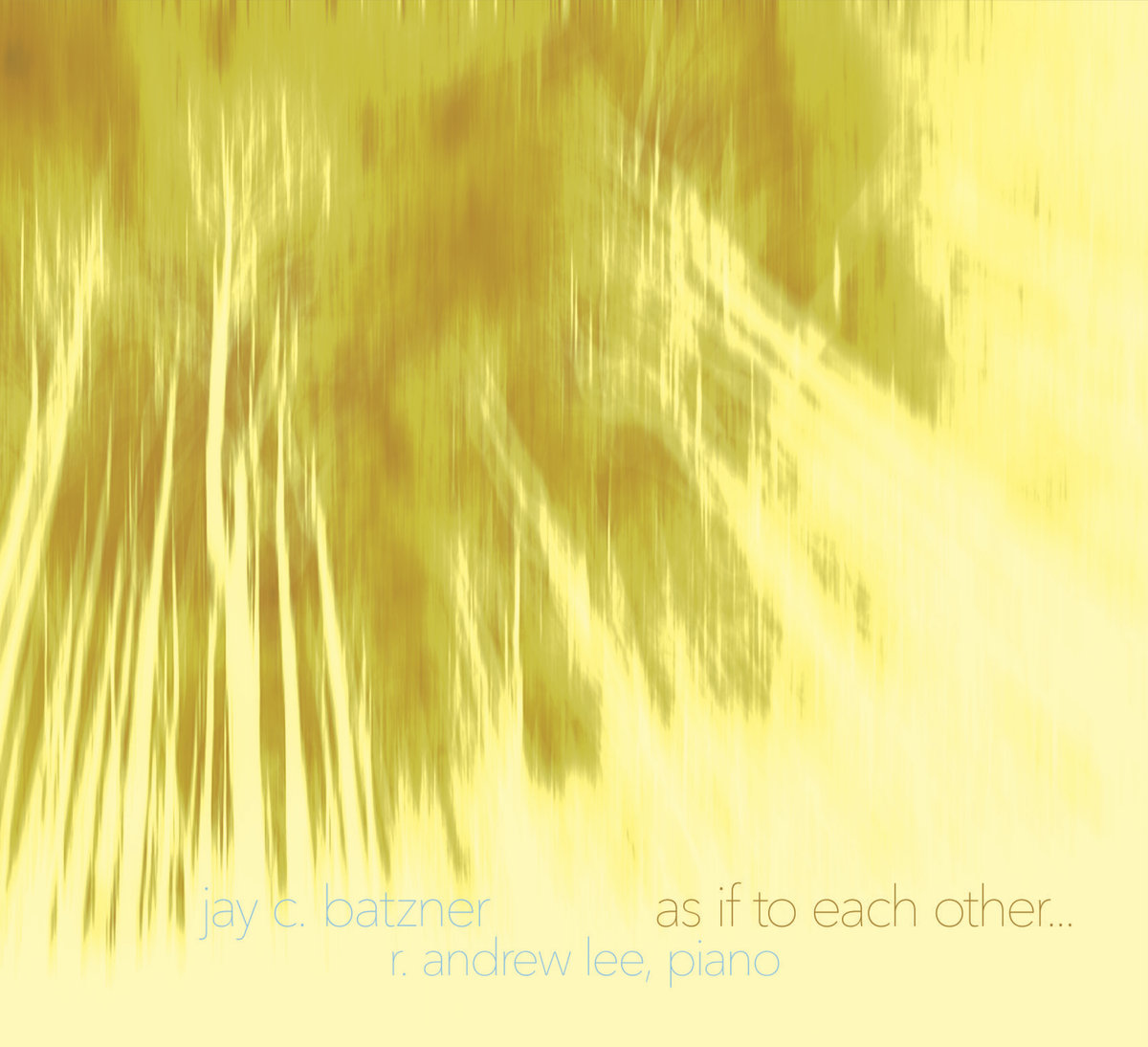Sampson, BBCSSO, Runnicles, Usher Hall, Edinburgh
Icy Mahler undermines heavenly vision
Mahler said of the last movement of his Fourth Symphony that it should be pure, like the “undifferentiated blue of the sky”. Writing the symphony in his lakeside retreat at Maiernigg in the summer of 1900, he probably had a different sort of blue in mind to that which streaked the Edinburgh sky on an icy Sunday afternoon in November. For Donald Runnicles, returning to conduct the BBC Scottish Symphony Orchestra, there was clearly something of the onset of winter in what is normally the sunniest of Mahler symphonies.

 Jay C. Batzner: as if to each other… R. Andrew Lee (piano) (Irritable Hedgehog)
Jay C. Batzner: as if to each other… R. Andrew Lee (piano) (Irritable Hedgehog) Aukai Markus Seiber (Aukai Music)
Aukai Markus Seiber (Aukai Music)